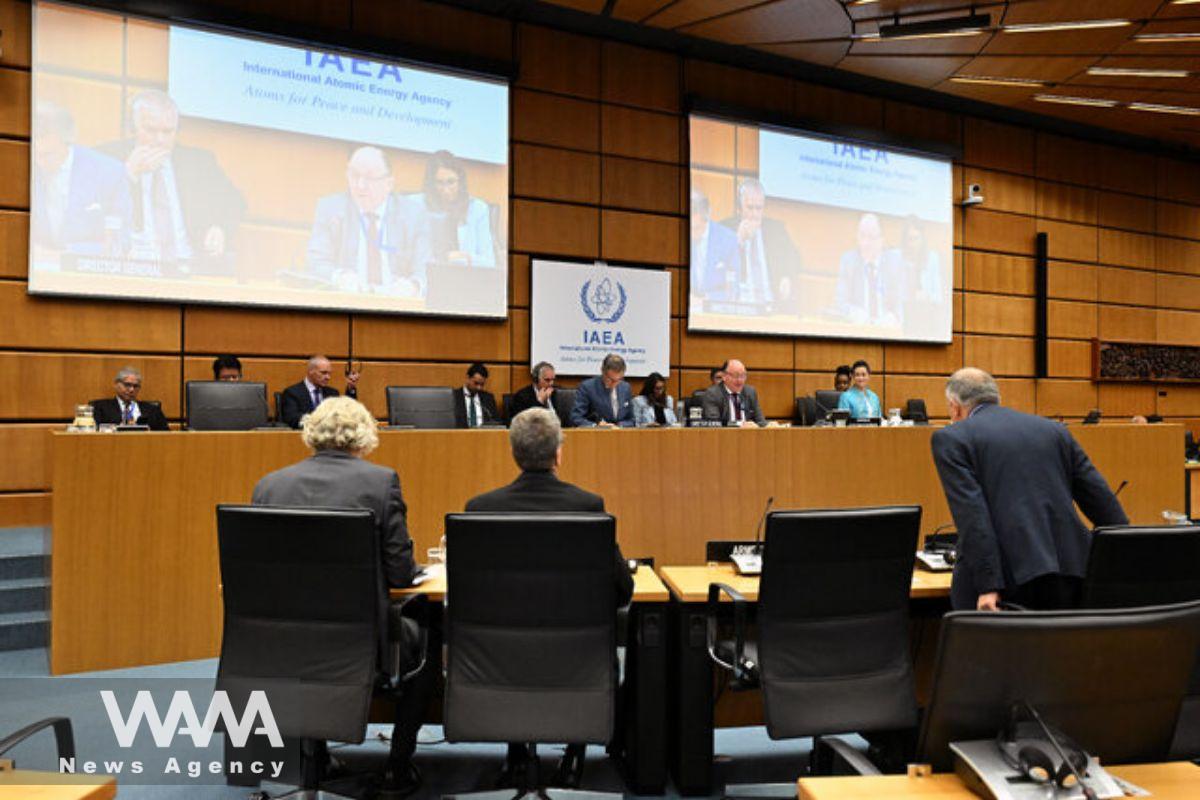Grossi’s Claims on Iran’s Nuclear Program
WANA (Sep 09) – In opening statement at the International Atomic Energy Agency’s (IAEA) Board of Governors meeting, which commenced today and will continue through Friday, IAEA Director General Rafael Grossi addressed ongoing issues concerning Iran’s nuclear program. Grossi revealed that the agency lacks sufficient information regarding the production and inventory of centrifuges in Iran.
Grossi’s latest report highlighted that Iran’s stockpile of enriched uranium continues to increase, with a notable rise in the number of cascades used for the production of uranium hexafluoride (UF6). He pointed out that it has been three and a half years since Iran suspended its nuclear commitments under the Joint Comprehensive Plan of Action (JCPOA) and the Additional Protocol, resulting in the IAEA losing its supplementary access to Iranian facilities.
The IAEA Director General also underscored persistent safeguards issues, noting that no progress has been made in resolving outstanding matters. The agency cannot fully monitor Iran’s nuclear program due to the lack of access to critical information about centrifuges, heavy water, and uranium ore concentrate production. Grossi emphasized the need for Iran to fulfil its obligations under the Comprehensive Safeguards Agreement to ensure that its nuclear program remains exclusively peaceful.
Additionally, Grossi reported a lack of progress in implementing the Joint Statement between the IAEA and Iran over the past 15 months and urged Iran to address the agency’s recommendations for executing this statement. He expressed his readiness to meet with Iran’s new President, Masoud Pezeshkian, and called for an expedited arrangement of this meeting to facilitate constructive dialogue and tangible outcomes.
In a separate segment of his speech, Grossi recounted his recent visit to Ukraine and his discussions with President Volodymyr Zelensky about enhancing nuclear safety in the country. He stressed the importance of monitoring critical electrical installations vital for the safety of Ukraine’s nuclear power plants.
Grossi described the situation at the Zaporizhzhia Nuclear Power Plant as still hazardous, with ongoing explosions, drone attacks, and disruptions in external power supply heightening the risk of a nuclear accident. He also noted a recent fire in one of the plant’s cooling towers and emphasized that no reactor will be restarted until safety and security issues are resolved.

The International Atomic Energy Agency’s (IAEA) Board of Governors meeting, 09 Sep 2024, Social media/ WANA News Agency












